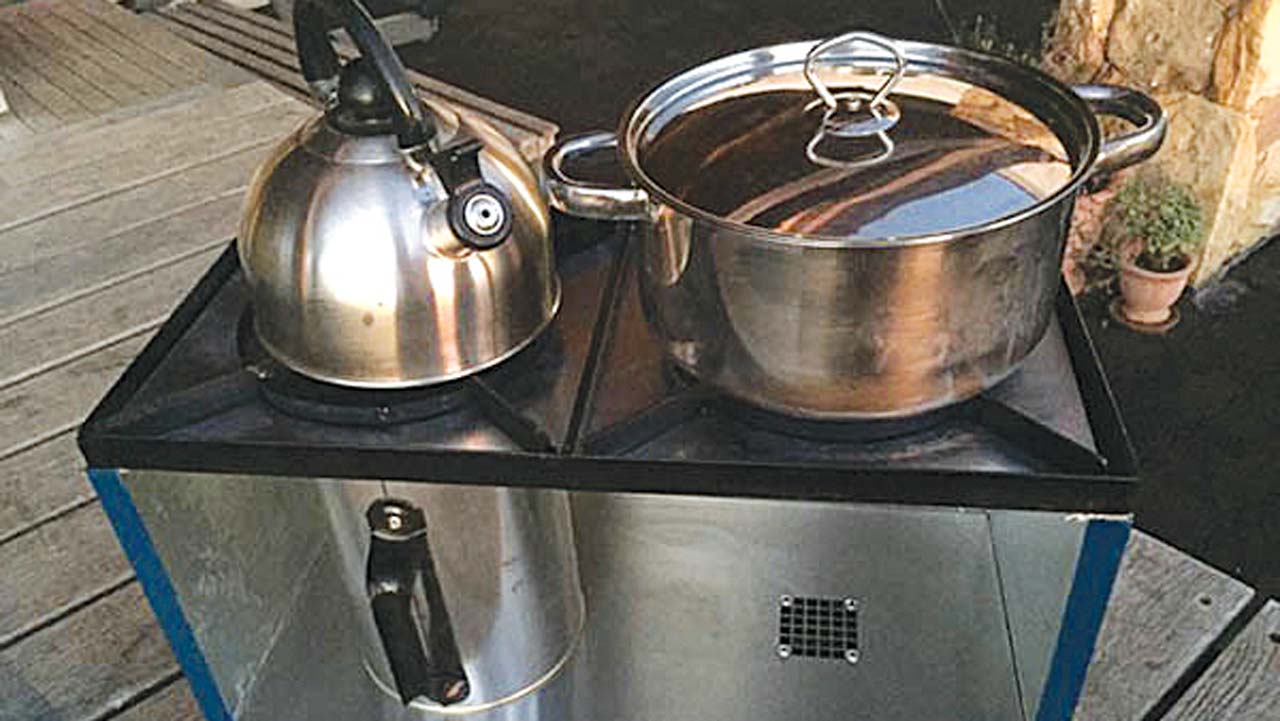
The International Centre for Energy Environment and Development (ICEED) has announced an initiative to address Nigeria’s household energy crisis and expand access to clean cooking solutions, citing the dangers of open firewood cooking as a significant health and environmental concern.
ICEED’s Research Manager, Precious Onuvae, stressed the issue during an interview in Abuja, noting that over 24 million Nigerian families still cook inefficiently with open fires, while only one in 10 households uses clean energy sources.
Onuvae explained that this reliance on firewood places a financial burden on Nigeria’s poorest families, diverting funds that could be spent on education, health, and other essential needs.
She further noted that cooking with firewood contributes to the loss of nearly 400,000 hectares of forests annually.
She stated that emissions from residential cooking generate 55 million metric tons of carbon dioxide and approximately 700,000 metric tons of harmful PM2.5 emissions, making it a significant contributor to greenhouse gas emissions.
The research manager said that adopting clean cooking solutions is vital for improving health outcomes and reducing environmental impacts. She added that clean cooking technologies could simultaneously contribute to achieving ten of the seventeen Sustainable Development Goals (SDGs).
READ ALSO: Firms partner to accelerate clean energy initiatives
“We are collaborating with Heinrich Böell Stiftung (HBS) Nigeria, the Federal Ministry of Environment, among others. This collaboration has yielded substantial achievements in influencing national policy discourse and institutional frameworks,” Onuvae explained.
However, she observed that while Nigeria has made remarkable progress in creating an enabling environment for the clean cooking sector, the country is yet to experience significant growth in the deployment and adoption of clean and efficient cooking stoves and fuels.
“To this end, ICEED recently conducted a study to understand the challenges and institutional barriers impeding the faster adoption of clean cooking solutions in Nigeria, knowing that the development of an implementation plan for clean cooking policy is underway,” she added.






